I’ve written quite a bit about the upcoming Mid-South Book Festival in this space and in the print edition of the Flyer, but I would be remiss if I didn’t also mention the events surrounding Memphis Reads. The program touting itself as “the city’s largest book club” this year chose Salvage the Bones by award-winning author Jesmyn Ward.
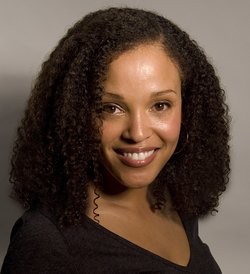
Jesmyn Ward
Memphis Reads, with its first event of 2016 on Monday, Sept. 12th, comes on the heels of the Book Festival, which has its last event the day before. Now, I don’t understand the politics and inner workings of promoting reading and literacy, but it seems to me that the organizations in charge of these two book-loving affairs should get together — maybe have a little affair of their own — because the Book Festival is timed perfectly to be the opening event to a month-long celebration of books, reading, and literacy. Bringing nationally regarded authors into town to speak with school-age kids and would-be writers only ensures that future generations will make reading and education a priority. The sheer marketing power behind presenting organizations and sponsors such as Literacy Mid-South, Christian Brothers University, the Memphis Public Library system, Rhodes College, MLGW, Hilton, the National Civil Rights Museum, and Shelby County Schools, among many, many others could ramp city-wide reading up to a whole new level.
But I digress.
Christian Brothers University associate professor, and the planner of Memphis Reads, Karen Golightly, said, “We hope to break down the physical and metaphoric walls that exist between Memphians by giving them a common reading experience. Through the events scheduled in September, attendees can learn about the issues addressed in the book through art exhibits, documentaries, films, panel discussions, and author/expert talks. The point is to find a way in which Memphians can participate in different aspects and viewpoints of the issues at hand, in order to build community one book at a time.”
Jesmyn Ward grew up in DeLisle, Mississippi. She received her MFA from the University of Michigan, where she won five Hopwood awards for essays, drama, and fiction. A Stegner Fellow at Stanford, from 2008-2010, she has been named the 2010-11 Grisham Writer-in-Residence at the University of Mississippi. Her debut novel, Where the Line Bleeds, was an Essence magazine Book Club selection, a Black Caucus of the ALA Honor Award recipient, and a finalist for both the VCU Cabell First Novelist Award and the Hurston-Wright Legacy Award.
From Salvage the Bones: “A hurricane is building over the Gulf of Mexico, threatening the coastal town of Bois Sauvage, Mississippi, and Esch’s father is growing concerned. A hard drinker, largely absent, he doesn’t show concern for much else. Esch and her three brothers are stocking food, but there isn’t much to save. Lately, Esch can’t keep down what food she gets; she’s fourteen and pregnant. Her brother Skeetah is sneaking scraps for his prized pitbull’s new litter, dying one by one in the dirt. Meanwhile, brothers Randall and Junior try to stake their claim in a family long on child’s play and short on parenting.
“As the 12 days that make up the novel’s framework yield to their dramatic conclusion, this unforgettable family—motherless children sacrificing for one another as they can, protecting and nurturing where love is scarce—pulls itself up to face another day. A big-hearted novel about familial love and community against all odds, and a wrenching look at the lonesome, brutal, and restrictive realities of rural poverty, Salvage the Bones is muscled with poetry, revelatory, and real.”
Memphis Reads 2016 events:
Purchased Lives: New Orleans and the Domestic Slave Trade, 1808 – 1865
National Civil Rights Museum (State of Tennessee Gallery)
September 12 – mid-November 2016 (Free with museum admission; Tennessee residents may enter free of charge on Mondays after 3 p.m.)
Screening: Spike Lee’s When the Levees Broke (Parts 1 – 2)
University of Memphis (304 University Center, Bluff Room)
Thursday, Sept. 15th
5:30 p.m. reception, 6 p.m. film screening (Free and open to the public)
Screening: Beasts of the Southern Wild
Benjamin L. Hooks Central Library (3030 Poplar Avenue, meeting room C)
Monday, Sept. 19th
5:30 p.m. reception, 6 p.m. film screening (Free and open to the public)
Panel Discussion: My Whole City Underwater – Race, Trauma, and Surviving Katrina
University of Memphis (342 University Center, Shelby Room)
Thursday, Sept. 22th
5:30 p.m. reception, 6 p.m. discussion (Free and open to the public)
Jesmyn Ward discussion and book signing
Christian Brothers University (650 East Parkway South, CBU Theatre)
Wednesday, Sept. 28th, 7 p.m. (Free and open to the public)
Q & A with Jesmyn Ward and book signing
Rhodes College (2000 North Parkway, Bryan Campus Life Center)
Thursday, Sept. 29th, 6 p.m. (Free and open to the public)
Great Conversations with Rhodes Professor Ernest Gibson
Benjamin L. Hooks Central Library (Memphis Room, 4th floor)
Thursday, Oct. 4th, 5:30 p.m. (Free and open to the public)
For more on Memphis Reads, visit memphisreadsbook.org.
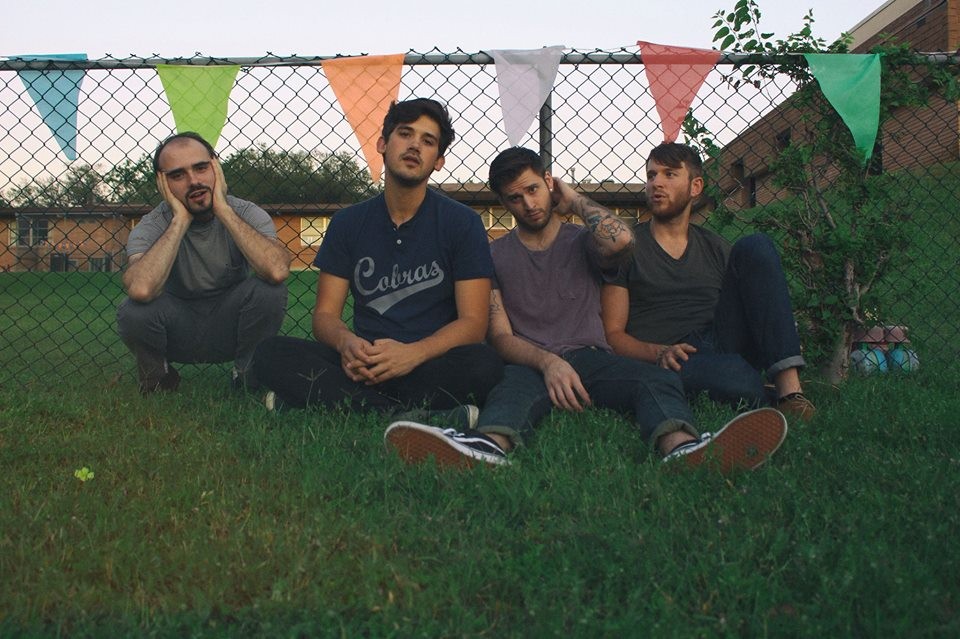


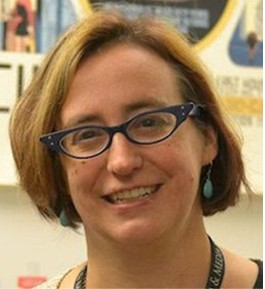
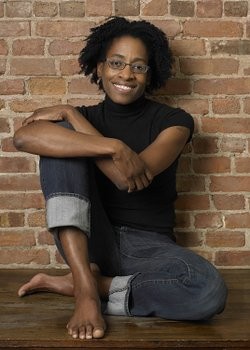


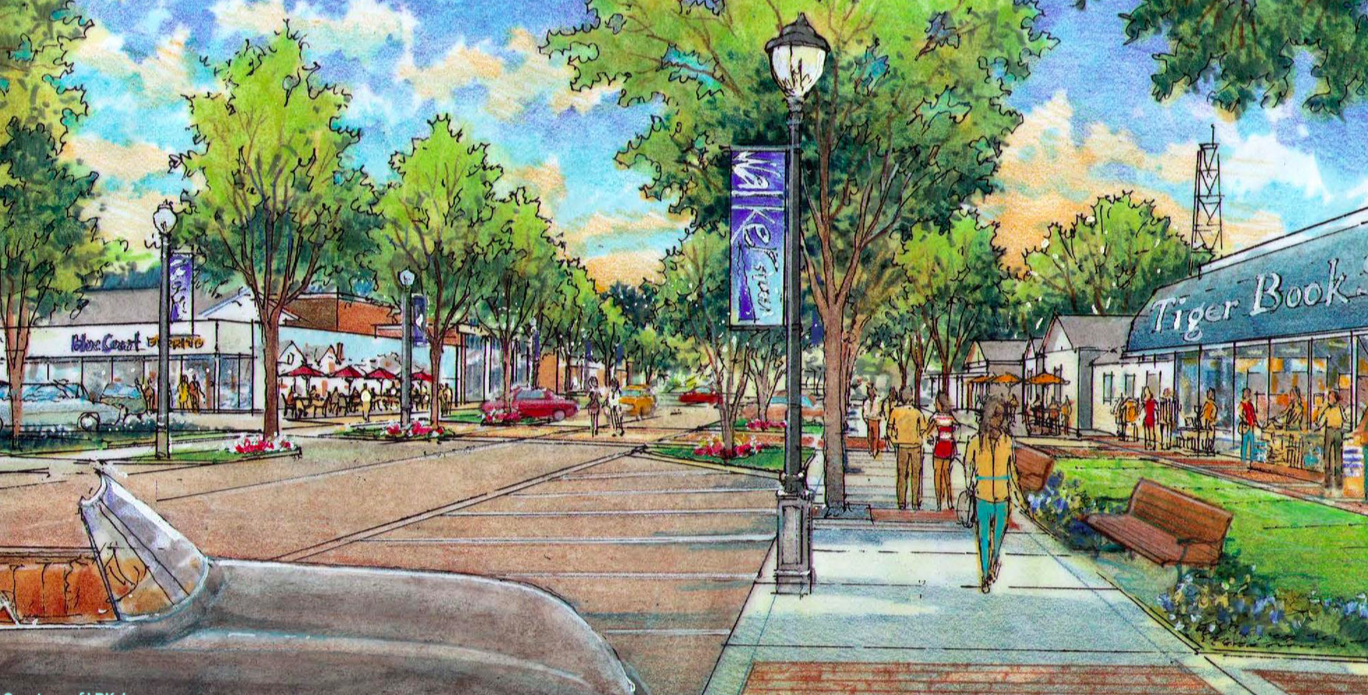 University Neighborhood Development Corp.
University Neighborhood Development Corp. 
